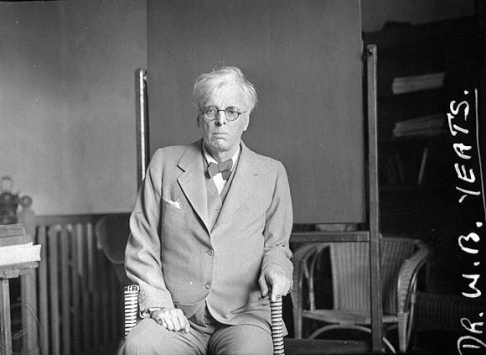Ah Bitcoin, you reminder that cognitive dissonance and random hope are the fundamental drivers of human culture.
Let us draw two circles, let us create a Venn diagram of two sets. One being those who “mine” the Bitcoin, the other being women. And the intersection of the two, the common members of both sets? I strongly suspect that it will be zero, a null set.
Has currency, the concept of money, always been gendered? Has Bitcoin merely thrown a light on something that always was there, obscured by time and common practice? I reach for my Delphy.
Let us draw another circle, this time let it be made up of those who complain about “fiat currency”, those who demand that money be based on something that has intrinsic value.
Which is of course an absurdity, anything and everything is only worth what someone is willing to give in return for it. And that applies to the medium of exchange like everything else. But I still remember the shock in my classmate’s voices when, as mere cubs, we were told the truth about money. That it is an agreed collective delusion. Like everything else we call culture or human nature.
Now let us look at the circle of true money believers and the Bitcoin “miners” (so macho, much struggle, wow). I suspect that this time the intersection is not empty and that the two groups overlap to a marked extent. Despite, no, of course, because Bitcoin is a delusion based on bits, on the hum of the machine. Boil the oceans so that we may be journey deeper into the Bank of Babel.
Bitcoin is Tlön. An answer to an obscure trivia question in 2021. It is not caek.




